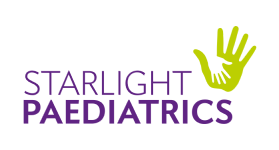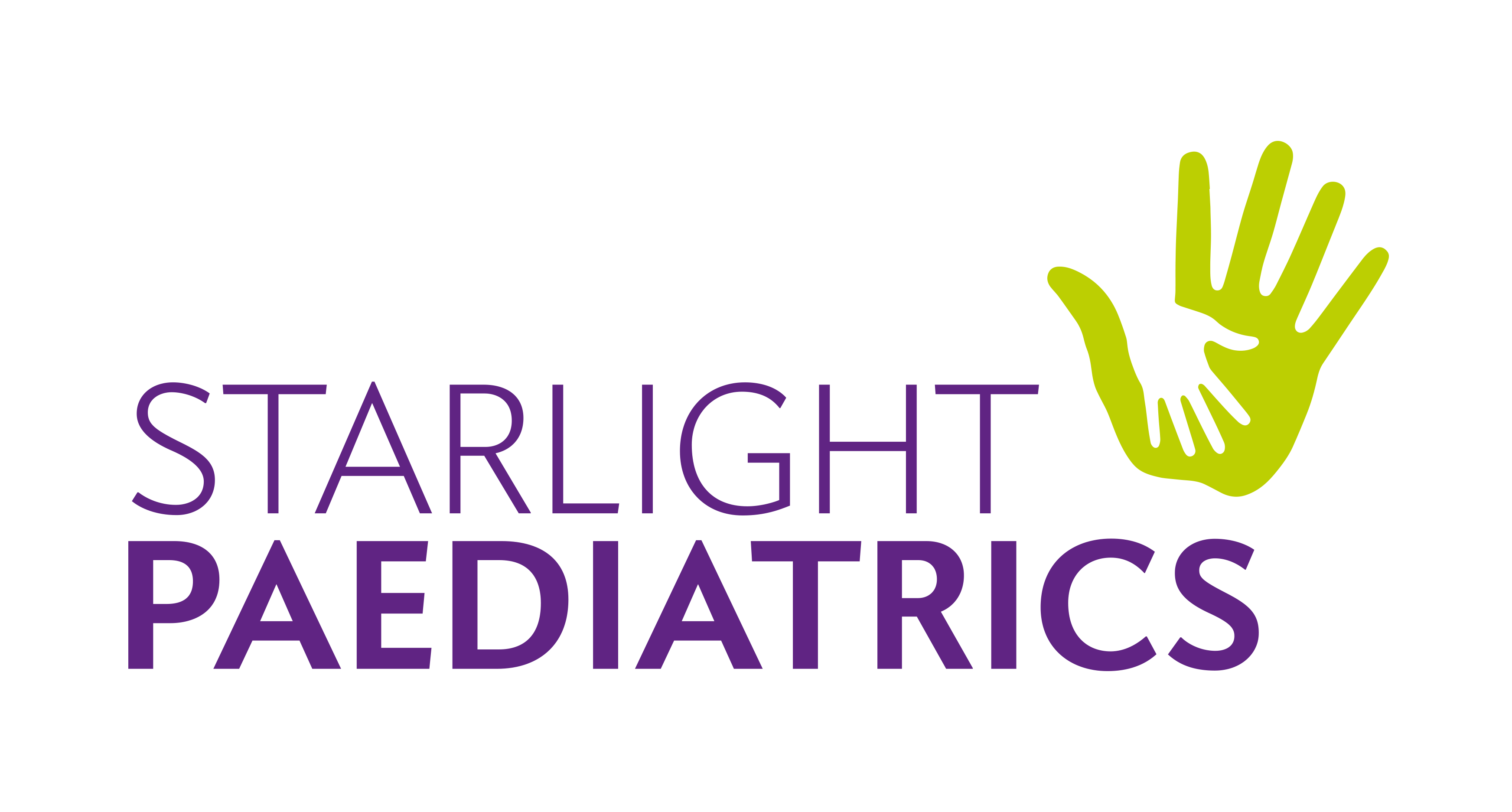
Minor conditions you should never ignore in your newborn baby
Most of us would brush off the common cold, a tummy bug or a cold sore as just another run-of-the-mill ailment.But experts have urged parents to be aware that minor illnesses like the common cold can have catastrophic consequences for newborns and they might need to take action.For example, some viral infections can cause young children to develop potentially serious complications like pneumonia.
However, these minor conditions can be very hard to spot as they ‘present in such a general way’, warns Dr Muriel Meso, consultant paediatrician and endocrinologist at The Portland Hospital, part of HCA Healthcare UK in London. Here, Dr Meso reveals the routine ailments no parent should ignore, as well as what to do if you spot them.
Cold sore
For adults a cold sore, caused by the herpes simplex virus, is not only common but can also ‘spontaneously resolve’, meaning it disappears on its own, or can be treated by over the counter anti-viral creams.However, in babies that are just weeks old it could have far graver consequences. ‘Babies are more vulnerable due to their immature immune system. So, infections that may cause minor or less severe illnesses in older children can lead to more severe presentations in babies,’ Dr Meso told MailOnline.For example, the herpes virus won’t necessarily just give a baby a cold sore Dr Meso she warns.
‘If somebody with a cold sore becomes in contact with a baby, then they can get a more serious herpes simples virus infection, it can spread and become more invasive,’ she said. In fact, babies can end up needing serious medical attention if they come into contact with the virus.
Dr Meso said: ‘If a baby goes on to develop a blistery type rash, especially if they have been in contact with somebody with a cold sore, seek medical attention. They may need antiviral treatment especially if they are very young.
‘If the baby is under three-months-old they would need to go to A&E if they are unwell.’And for this reason the paediatrician stresses that ‘prevention is definitely better than a cure’.‘If someone has a cold sore they need to avoid contact with the baby and make sure they are washing their hands,’ she said.
Common cold
Even the classic common cold symptoms of a sniffle, cough or a temperature could be dangerous for newborns, Dr Meso warns. While adults can simply power through the sniffle, cough or a temperature such an infection brings, babies can be hit much harder because they have an underdeveloped immune system.‘When babies do develop more serious infections as a result of a virus, they may present very non-specifically,’ Dr Meso says.
Signs of a serious infection include being unusually drowsy, faster breathing, a fever, and should never be ignored Dr Meso says.‘Babies sleep a lot in the first few weeks of life anyway because they need it, but they need to be alert enough to be able to feed. So, if you have a baby who is really drowsy it could be a common cold virus,’ Dr Meso said.
‘A baby that is under three months that has fast breathing, increased efforts in breathing, feels warm or has a fever, should go to A&E because all of these can be the early signs of an infection,’ she added.
Ear infection
Ear infections are very common in toddlers and older children and they usually get better on their own within a three days, but signs such as a fever can be very hard to spot in babies and can be a sign of something more serious like meningitis. Babies with an ear infection might rub or pull their ears, not react to some sounds, be restless or irritable and be put off their food, according to the NHS.
A newborn might also have a temperature if they have an ear infection, warns Dr Meso. If it is just an ear infection visiting your GP is advised, but if your baby has other worrying symptoms, you should take them to A&E.
Dr Meso said: ‘It is more about the severity of the presentation. So your baby is more likely to present very generally as being unwell. ‘If they are difficult to wake, have fast breathing, feel hot and they are under three months then they need to go to A&E. ‘But if they are older, six months and above, if they are still feeding but have a temperature then you can go to your GP for a review.’
Chickenpox
In most cases chickenpox is mild disease in children and not a cause for concern, but there is a risk of serious complications developing in young babies. Dehydration, inflammation of the brain and other organs including the kidneys or pancreas are all possible complications of chickenpox in newborns. ‘If it is left untreated, they may go on to develop complications like pneumonia and other serious secondary infections,’ said Dr Meso. ‘Any baby, less than one month of age, who has been exposed to chickenpox and has gone on to develop a rash should be seen in A&E. They will more than likely need treatment,’ she added. However, more than 90 per cent of the population are immune to chickenpox, because they have already had the virus, Dr Meso explains.
She said: ‘This hopefully means babies who are within seven days after delivery are hopefully protected by their mother’s anti-bodies. This should prevent or at least attenuate the presentations of virus.’
Vomiting and diarrhoea
While vomiting is very common in young babies, a tummy bug can have serious consequences. Tummy bugs aren’t by themselves a reason a panic, but for babies under three months an infection can cause dehydration due to the loss of fluids, which can be serious. ‘If they present with just vomiting and not necessarily diarrhoea, then there’s a worry about dehydration, but also they need to be seen just in case this is a presentation of another infection, not just tummy bug,’ said Dr Meso.
‘If they have vomiting and diarrhoea, then again, they need to be assessed to make sure that they’re not becoming dehydrated. Babies and young children are more likely to become very dehydrated and may need extra support,’ she added. Although newborns will need medical attention if they are not feeding or keeping fluids down, older babies can be watched at home.
‘With older babies, if they don’t have a high temperature, they are reasonably alert and are able to keep down at least 60 per cent of their fluid down then you may be able to watch them at home,’ Dr Meso said. ‘But even if you don’t need to bring them into A&E you should always seek some medical advice to begin with.’
Thrush
The common fungal infection is easy to treat but can be painful and can affect breastfeeding. ‘It is important parents are aware of any symptoms like the white coating of the tongue,’ said Dr Meso. ‘If thrush is picked up early, it doesn’t tend to cause a serious infection, but it might affect feeding. ‘Dr Meso suggests visiting the GP for a review, because they sometimes prescribe an anti-fungal treatment for the baby and mother if they are breastfeeding. Although it’s important to know the signs of thrush, it usually not a malady that warrants a visit to A&E unless baby becomes dehydrated. ‘If it has gone unrecognised for a while and it has affected a baby’s feeding so much so they are dehydrated they can become quite drowsy,’ Dr Meso said.
Any parent or carer who is worried about their baby should seek medical advice, the Healthier Together website provides parents and carers with guidance, she added.
Direct link to the Daily mail article below
https://www.dailymail.co.uk/health/article-13502009/minor-conditions-never-ignore-newborn.html

